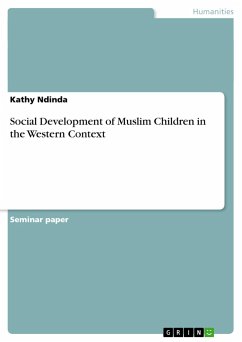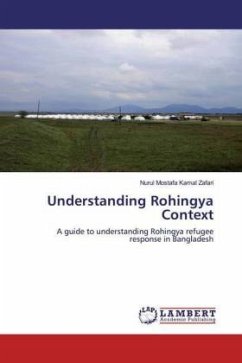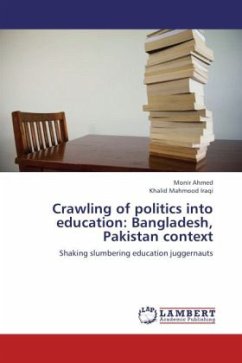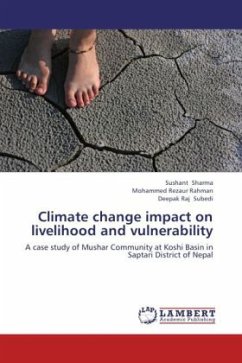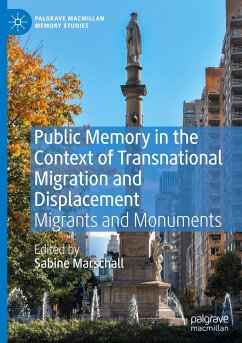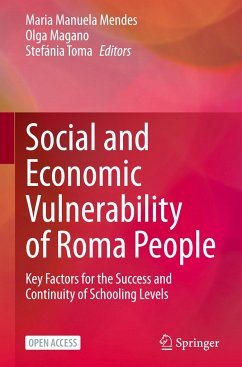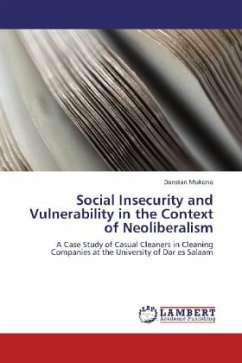
Social Insecurity and Vulnerability in the Context of Neoliberalism
A Case Study of Casual Cleaners in Cleaning Companies at the University of Dar es Salaam
Versandkostenfrei!
Versandfertig in 6-10 Tagen
39,99 €
inkl. MwSt.

PAYBACK Punkte
20 °P sammeln!
This book is a result of Masters of Arts(Sociology) study that intended to examine social process and relations responsible for the persistence of social insecurity in the context of neoliberalism with focus to casual cleaners working with private cleaning companies at the University of Dar es Salaam. The study used Materialist Political Economy, drawing from "Accumulation by dispossession as a theoretical concept'.The Qualitative research findings revealed that casual cleaners works with cleaning companies are more socially insecured and vulnerable. Thus, they rely on the coping mechanisms as...
This book is a result of Masters of Arts(Sociology) study that intended to examine social process and relations responsible for the persistence of social insecurity in the context of neoliberalism with focus to casual cleaners working with private cleaning companies at the University of Dar es Salaam. The study used Materialist Political Economy, drawing from "Accumulation by dispossession as a theoretical concept'.The Qualitative research findings revealed that casual cleaners works with cleaning companies are more socially insecured and vulnerable. Thus, they rely on the coping mechanisms as discussed in the book.The study concludes that social insecurity and vulnerability which is observed is of a social class, a product of neoliberal economic syste. The study recommends that intellectuals and researchers in Tanzania should shed lights on the social implications of the accumulation by dispossession. The book is recommended to academicians in social sciences and students specializing in social security and Labour studies.




